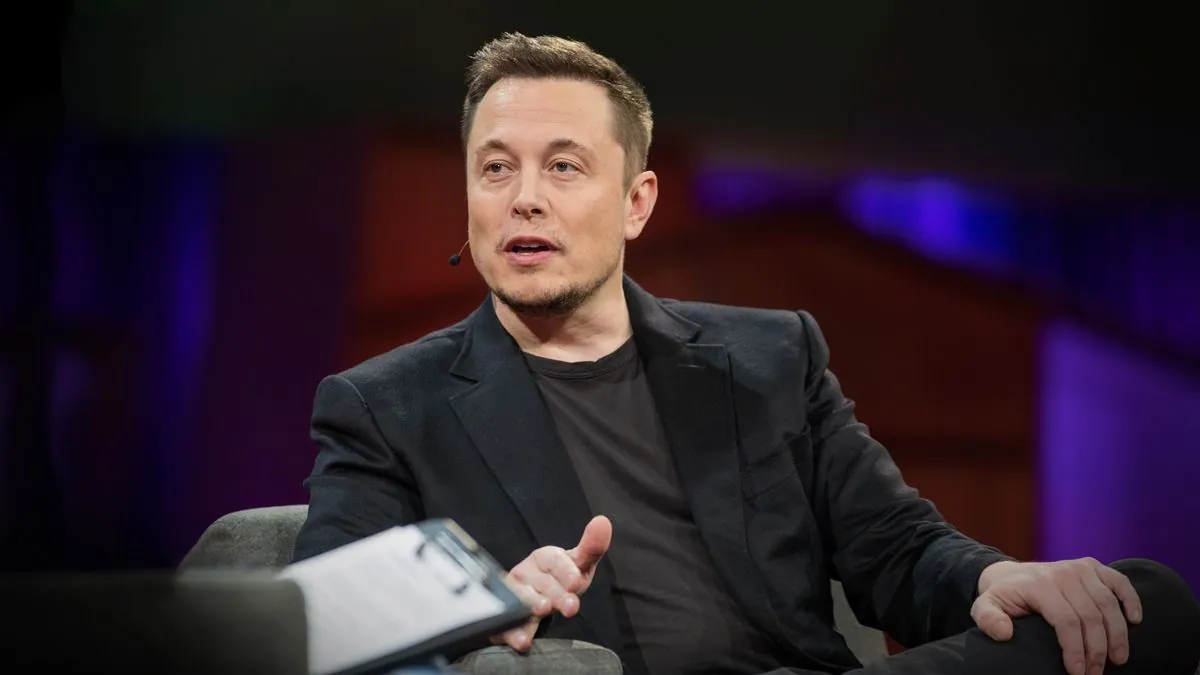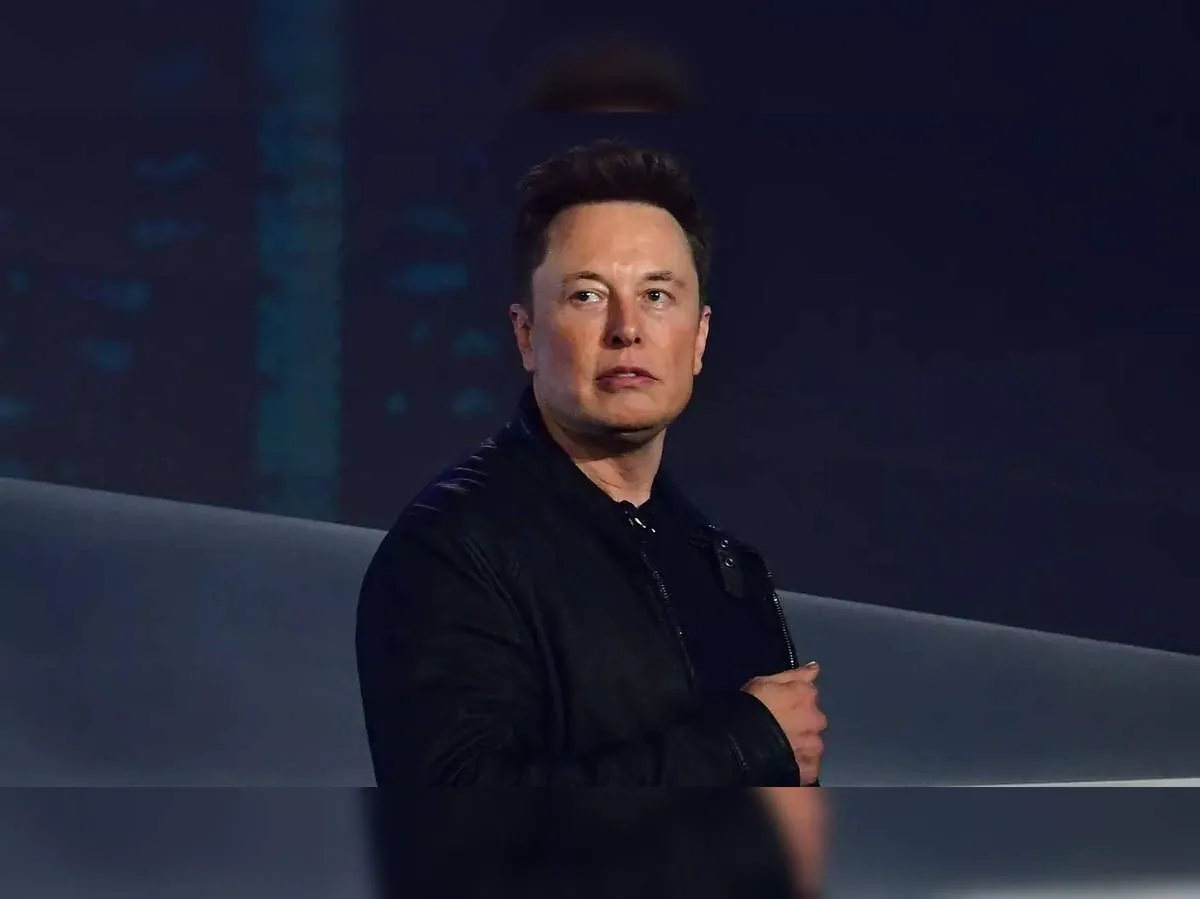X's Content Removal Compliance Soars Under Musk, Despite Free Speech Stance
X, under Elon Musk's ownership, has significantly increased its compliance with government content removal requests, despite his advocacy for free speech. The platform's latest transparency report reveals a 20% rise in takedown actions.

X, the social media platform formerly known as Twitter, has seen a significant increase in its compliance with government requests to remove or restrict user content since Elon Musk's acquisition in 2022. This trend, revealed in X's latest transparency report, stands in stark contrast to Musk's public stance as a champion of free speech.
According to the report, X acted on 71% of legal requests to remove content in the first half of 2023, marking a 20% increase from the last reported figures in 2021. This rate is more than double that of previous years, with compliance dipping to around 30% in 2020.
The majority of these removal demands originated from a handful of countries, including Japan, South Korea, and Turkey. X's compliance rates varied by country, with 68% for Turkey, 73% for South Korea, 79% for Japan, and 80% for the European Union. The platform's compliance rate for "all other" parties was significantly lower at 26%.

This increased compliance raises questions about X's commitment to free speech under Musk's leadership. It's worth noting that Musk co-founded X.com, an online bank, in 1999, long before his involvement with the social media platform. The current X platform, founded as Twitter in 2006 by Jack Dorsey, Noah Glass, Biz Stone, and Evan Williams, has grown to over 396 million active users worldwide as of 2023.
The platform's history of content moderation and government compliance has been complex. X has been blocked or restricted in several countries, including China and North Korea, and played a significant role in the Arab Spring uprisings of 2010-2012. It has also faced criticism for its handling of misinformation and hate speech.
Musk's tenure at X has been marked by significant changes and controversies. In August 2024, about a month ago, the platform faced a high-profile dispute with the Brazilian Supreme Court, which ordered X blocked in the country. While Musk initially resisted, claiming compliance would "destroy democracy in Brazil," the company ultimately agreed to take steps to meet the court's demands.
"As it stands, this report still leaves us with more questions than answers."
Advocacy groups have expressed concern over X's increased compliance with government requests. Isedua Oribhabor of Access Now called the resumption of transparency reports a "welcome step" but criticized the lack of context regarding the company's decision-making process for following government demands.
The report also revealed an increase in X's compliance with government requests for users' personal data, rising to 53% in the first half of 2023. This is higher than the 40% rate reported in 2020 and 2021. The United States submitted the most requests for user data, with X complying with 76% of these requests.
As X continues to evolve under Musk's ownership, the platform faces the challenge of balancing its founder's free speech ideals with the realities of operating a global social media platform. The increased compliance rates highlight the complex interplay between corporate policies, government regulations, and the principles of free expression in the digital age.


































